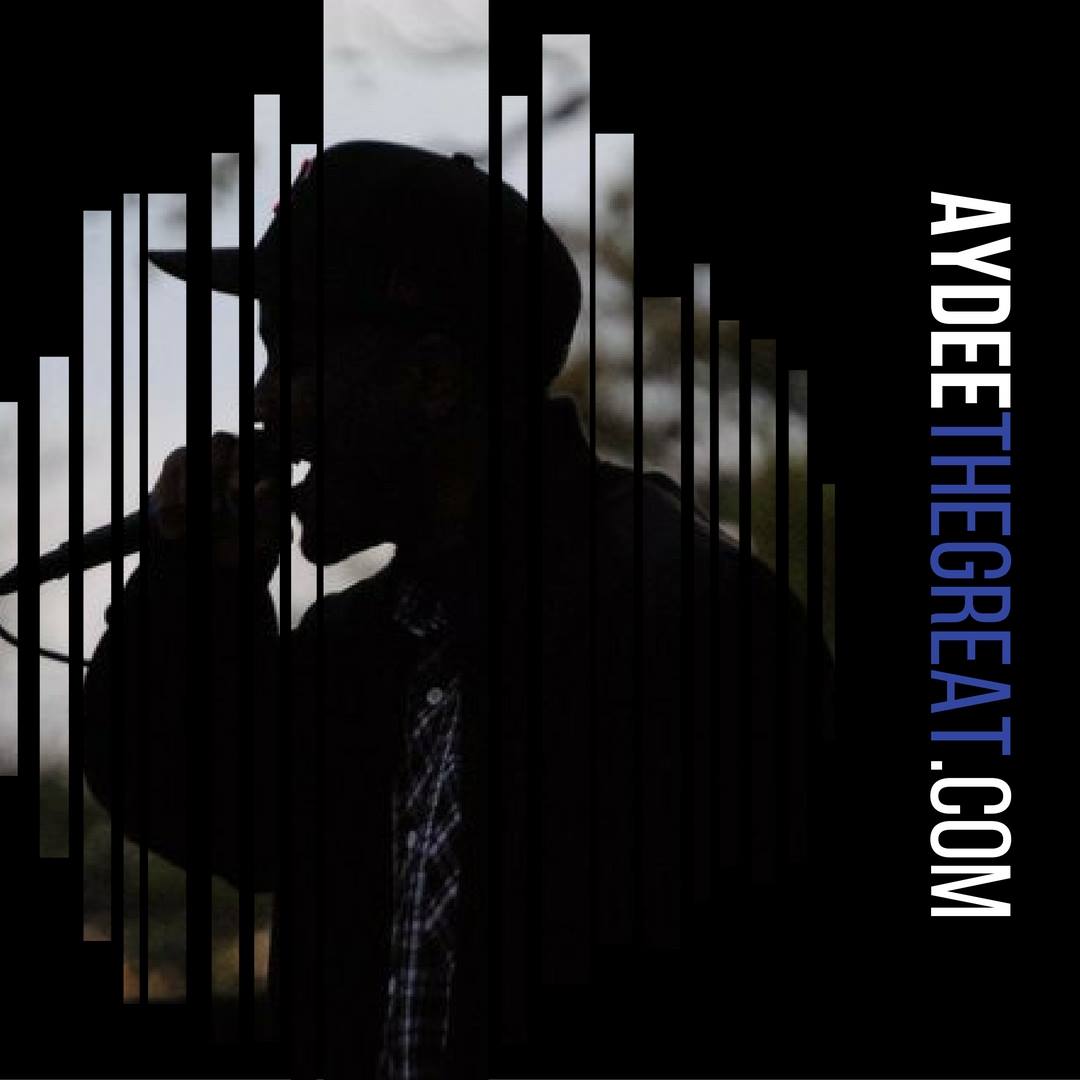22 Nov “How I Remember Home & Art Imitates Reality”
[1]“I’m from where n!&&@s
ride at clubs;
hide behind they thug,
die behind slugs,
get high dividing drugs,
never got enough
so now they ridin’ tough;
figured since it waits for no man,
now they time is up.
Rhymes is not enough.
No jobs, just side hustles.
Don’t nothin’ really pay off but crime…”
I wrote these lines in an attempt to paint a picture of what I saw growing up in Decatur, IL. I think they are an accurate depiction of life there as I saw it. Even before I was old enough to buy a drink in a nightclub, I was well acquainted with riding through the parking lot of whichever nightspot was popular to see and be seen.
I was very aware that many of the young men—younger, older, and my age—had to pretend to be tougher than we all were. Not out of any real desire to necessarily seem tough, but to emulate what we thought to be manhood—doing what we saw on television, which was the surrogate for the fathers who weren’t in our homes (some of whom were out at those very nightspots in those parking lots exemplifying very idea of manhood we emulated).
In our attempts to prove ourselves as men, some of us showed our mettle with jokes and raps—playing the dozens—others with fists and guns—playing God. While some people’s pride got hurt, others left the face of the Earth at the hands of another kid, a brother, uncle, dad, or son, possibly, just trying to prove how much more a man he was. And this made us pose tougher. To stop riding would show weakness. To stay home would show cowardice. To not joke would show sadness. To not retaliate showed everybody you were a punk. These were the instructions my home gave me on becoming a man. To mask pain, I drank; the same to celebrate living another day. Libations and lyrics were my outlet. I never had to put my hands on anyone, and thankfully had friends and family who insured hands were kept off me. And with this, life was good.
The people we idolized, it seemed, were the ones who seemed untouchable. Not because they couldn’t be reached, but because of their own outreach. Illegal activity was accepted as the norm, because, frankly, it was. And the best of those who were engaged in illegal activity were considered so because they committed those crimes not out of simple greed, but more out of necessity—to survive. The world seems to love survival stories. So does the ‘hood. If crime was the way to make a living, or to make living bearable, then we celebrated criminals because they exemplified overcoming the struggle, and they taught us that we, too, would be able to survive if we learned from their example. I’d see family and friends off to prison over the years; others killed would become the fodder for songs, stories and reminiscences.
I often wonder how I will tell the stories of my growing up to my future children, or my nieces and nephews. I’ve decided I will tell them the truth. I’ll give them the power to choose. I’ll give them an example of manhood to follow not just with words, but in deeds. If I have nothing else in the world, it’s my ability to be an example, despite everything.
When I wrote those words, I thought I was just rhyming, describing how the times were, but really I was documenting history—for the purpose of ensuring it wouldn’t repeat itself—unless, of course, it was being played aloud, and someone heard something in the words that made them remember, and asked, “could you play that one more time…there’s something about what he said that makes me want to hear it again.” Otherwise, I’d rather it remain a memory of a reality that once was, but no longer is.
[1] Lyrics excerpted from “Track 3: ‘Cold’” from A.D. Carson’s debut novel (and CD) COLD, available through Mayhaven Publishing, Inc. or from https://aydeethegreat.com/, Amazon.com or barnesandnoble.com.



No Comments